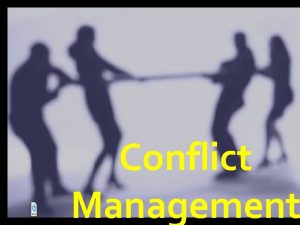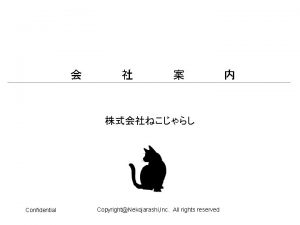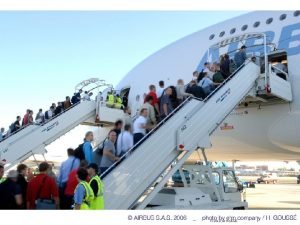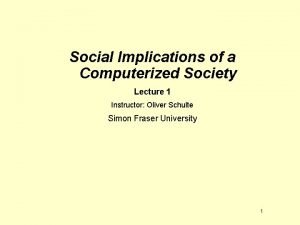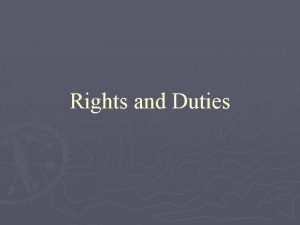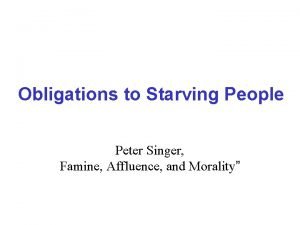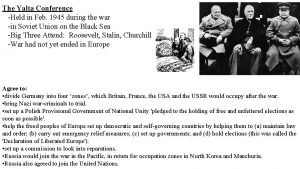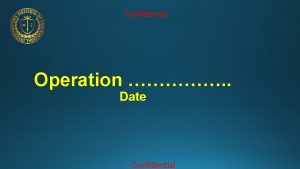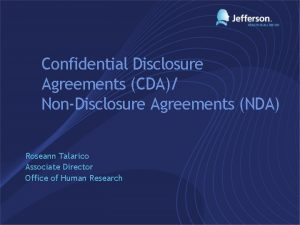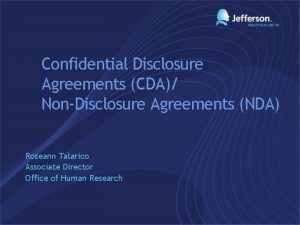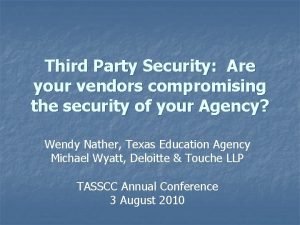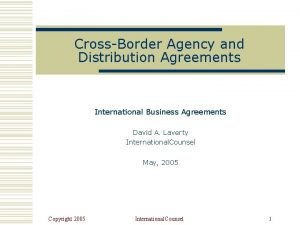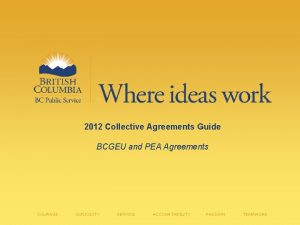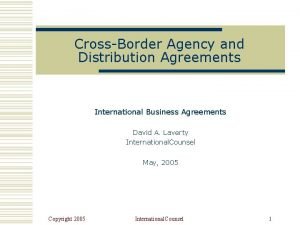Compromising your rights Confidential conversations settlement agreements and














- Slides: 14


Compromising your rights: Confidential conversations, settlement agreements and early conciliation Simon Cheetham cheetham@oldsquare. co. uk

Confidential conversations Employment Rights Act 1996 s. 111 A, “Confidentiality of negotiations before termination of employment”: (1) Evidence of pre-termination negotiations is inadmissible in any proceedings on a complaint under section 111.

• employees will not be able to refer to the discussion as evidence in any claim for unfair dismissal • this rule does not extend to other claims (e. g. discrimination claims , unlawful deductions from wages, breach of contract); • it does not apply to claims for automatically unfair dismissal

Improper conduct: (a) harassment, bullying and intimidation (b) physical assault (c) victimisation (d) discrimination (e) Putting undue pressure on a party

Frank is a delivery driver and has been employed for 3 years. He has a very poor attendance record. He is frequently absent for 1 or 2 days at a time for unrelated minor illnesses; his timekeeping is also poor. His manager calls him into a meeting and says that he is fed up with Frank’s attendance and timekeeping issues. He offers Frank a settlement agreement with notice pay and an extra month’s pay if he agrees to the immediate termination of his employment. Otherwise, the manager says, they will have to “go down the capability route”.

Mary has been a data analyst for a City firm for 2 years and is about to return from maternity leave. Her manager phones her up and asks her to come into the office for a “return to work” meeting. When she attends next day, the manager and an HR advisor tell Mary that there has been some restructuring while she’s been away and that her role is being made redundant. They offer her a settlement agreement, which includes an ex gratia payment, if she agrees to her employment being terminated without having to go through a redundancy exercise.

What is an “existing dispute”? In general, for there to be an “existing dispute”, it is key that one of the parties has brought, or might reasonably have contemplated bringing, legal proceedings against the other party at the time that the settlement offer and discussions took place (ACAS Code).

Settlement agreements • in writing; • relate to a particular complaint or proceedings • advice from “a relevant independent adviser”, who is insured and identified in the agreement; and • the relevant statutory provisions have been satisfied.

• employees need to be given reasonable time (10 days) • employers should allow the employee to be accompanied • confidentiality clauses are voluntary • a settlement agreement cannot stop the worker from making a protected disclosure.

Early conciliation “I am confident, however, given the conversations that we have had so far and provided that we get the modelling right and deal with some of the other factors in the Bill, that we can probably make early conciliation work. ” Edward Sweeney, Chair, ACAS Giving evidence to the Public Bill Committee, 19. 6. 12

“Before a person (“the prospective claimant”) presents an application to institute relevant proceedings relating to any matter, the prospective claimant must provide to ACAS prescribed information, in the prescribed manner, about that matter. ” Enterprise and Regulatory Reform Act 2013 s. 7(1)

Contacting ACAS will ‘stop the clock’ on the limitation period for a prospective claimant to submit their claim.

Thank you Contact: W. oldsquare. co. uk T. 020 7269 0300 @Old. Sq. Chambers
 Shark conflict style
Shark conflict style Confidential all rights reserved
Confidential all rights reserved Confidential all rights reserved
Confidential all rights reserved Confidential all rights reserved
Confidential all rights reserved Confidential all rights reserved
Confidential all rights reserved Positive rights vs negative rights
Positive rights vs negative rights Moral duties
Moral duties Legal rights and moral rights
Legal rights and moral rights Negative right
Negative right Riparian littoral rights
Riparian littoral rights Negative right
Negative right Positive vs negative rights
Positive vs negative rights Negative right
Negative right Expanding the pie in negotiation
Expanding the pie in negotiation Yalta conference agreements
Yalta conference agreements
